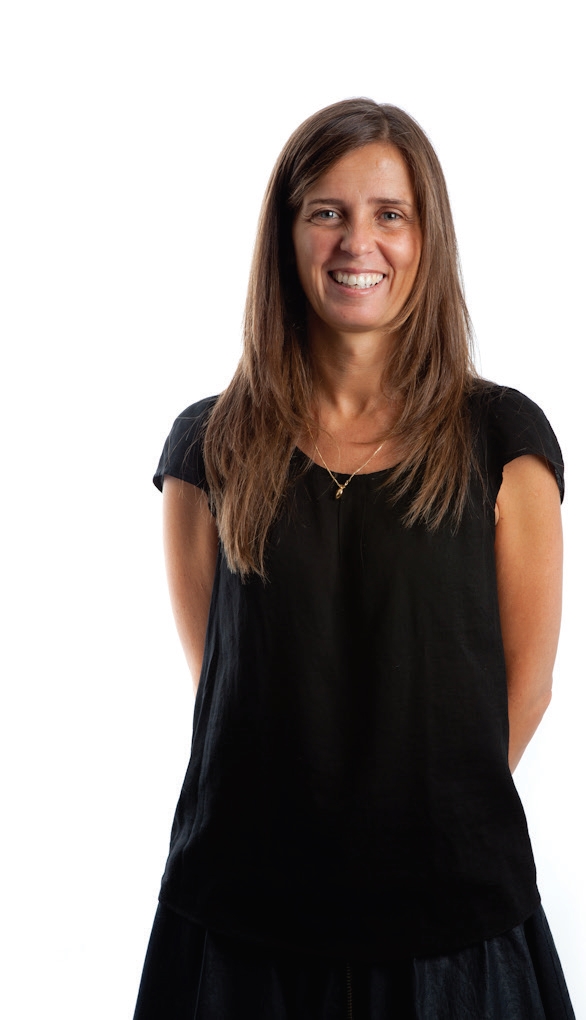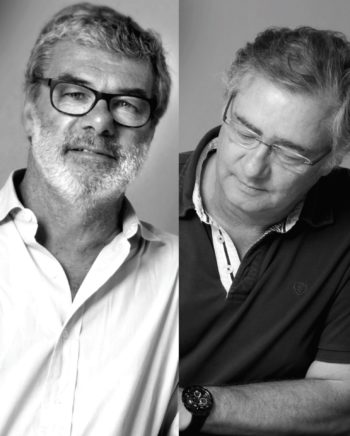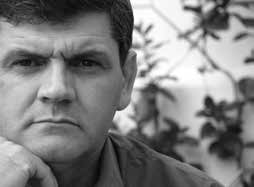A conversation with Arch. Mafalda Neto Rebelo

A conversation with Arch. Mafalda Neto Rebelo
'We are in a transitory time, prices are crazy but areas that were dark are colored, others were born from scratch. There just needs to be a balance.’
The name of the studio is curious. Why “Construir Habitar Pensar” [eng: Build Dwell Think]?
It has to do with a philosopher’s first sentence about architecture. Someone builds, someone lives, and then people think about their own home. I decided to use that phrase because I think these words make perfect sense in architecture. It is the guideline of the project for all types of buildings. I didn’t want a studio that had a personal name because it is a team. I wanted the name to be linked to a philosophy of life where we fit in and this sentence has that, my drawings will remain through thoughts of someone who will live them. Our work always involves talking to the customer. We use a very simple and minimal line because that’s what pleases me, I think beauty is in simplicity. We end up having to deal with a lot of constraints, which restrain us from the beginning, so today, I usually reverse the process: I gather all the problems and then look for the positive aspects and where I can give more.
Do these conditions include the current legislation?
Yes, it is difficult to make the laws, but I think we have very strict legislation that leaves us almost with no room to create exceptions, we are very conditioned and we have no way of creating different spaces. Our legislation has the best that is done in the world, but that makes us radical in many laws, through structures, acoustic and thermal issues, to the urban space. But those are the rules and I follow them. On top of that, there are economic issues. Customers always want the best, but then the budget limits everything. So I would rather have all the scenarios on the table, study everything in advance, than be surprised in the middle, after using all the creativity. In all projects I feel that I would like to be able to go further but I have a very positive way of seeing things, I love architecture and therefore I always do the best I can. I have been fortunate to have very interesting projects, from entire blocks to rehabilitation. I also have a huge project in Angola, with BETAR, the Muxima Plaza, which is under development, but since it is in a difficult country, we are not seeing it grow the way we would like, it goes very slowly, screw by screw, it’s another reality.
Do you feel that the responsibilities of architecture are respected?
Architects have a huge responsibility that I think has been largely put aside by history. In the 70s and 80s, despite having very good architects, it was a disgrace, there were many construction problems. For several reasons, there was a lot of emigration; this is a complaint to those who ruled at the time. Today we have many great architects, I was lucky to work with three of them: Gonçalo Byrne, who is a master of architecture, and Manuel and Francisco Aires Mateus. I just don’t feel that we have a strong entity, I think that the Order of Architects and other official entities could do much more. Several social and political factors have failed to improve. They do not work for the common purpose and there are several entropies.
Regarding urbanism, has a good job been done in Lisbon?
Yes, the City Hall is clearly doing a great job. Regardless of whether people like what is done or not, we are changing the public space. We are in a transitory time, there is a lot to rehabilitate. Prices are crazy, there is a lot of people not being able to afford housing in Lisbon. On the one hand, it is creating a problem, but on the other hand, we have to accept foreigners because they bring movement and improvements in the country’s economy and make a lot of things happen. The restaurants are full, areas that were dead are now full of people, some survived, were dark and are now colorful, others were born from scratch. There has to be a balance, of course, we will have to get there and start doing more for the middle class to make life in the city more dynamic.
What do you see for the future of the profession and the studio?
We are coordinating an entire block in Amoreiras and we are working on other buildings too. I have hope and conviction that it will go well. Balanced times are foreseen for architecture. I’m always afraid because I saw the profession lose a lot with this last crisis, I saw a lot of good people getting rid of things and leaving. This boom won’t last forever, we must be careful when in reverie. I am a very cautious person and I have a cautious and balanced studio. We want to grow slowly, making partnerships, which are essential. BETAR, for example, is always a good partner, we work very well together, they are people I trust. Even in discussions, they’re great, we have different ways of looking at things and we discuss what the best solution can be. I feel confident and safe and that is a great advantage.
This interview is part of the Artes & Letras Magazine # 96, April 2018
Partially automatic translation from portuguese: some expressions may differ from their actual meaning.
News & Interviews
A conversation with Arch. Tomás Rebelo de Andrade
"The cyclical crises that have been occurring have made very large dents, difficult to compensate for in the wealthy times, which are also cyclical and lead invariably to the next crisis". Read more
A conversation with Arch. José Laranjeira
‘The idea of a ‘master’ is something that is being lost because there is no dynamic for this kind of relationships that were established in the ateliers, when I started the profession.’ Read more
Betar distinguished again
The PME Leader 2023 status was awarded to the companies of the Group, Consultores and Estudos. Read more




